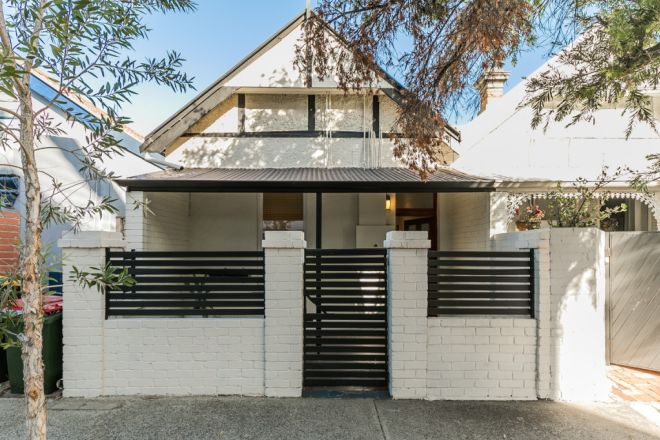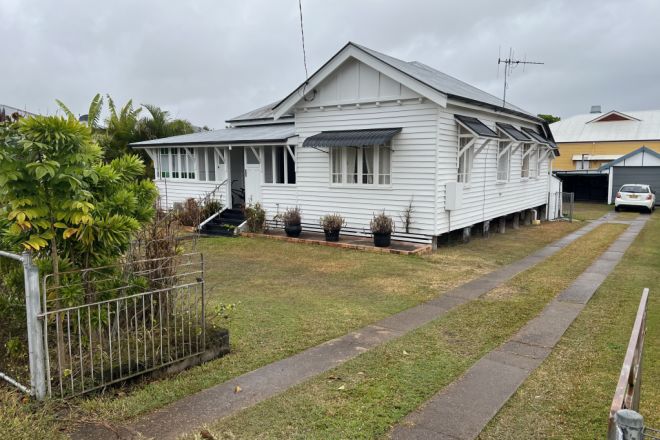What is rentvesting? And is it still worth it for first-home buyers?
The term “rentvesting” was popularised last decade when it was embraced by first-home buyers looking to get onto the property ladder, but it has been a property investment strategy for many years.
Often touted as a win-win for investors, a buyer will continue to live and rent in their desired neighbourhood while purchasing an investment property in a suburb they can afford.
Rentvesting is particularly appealing to inner-city folk, who might not want to sacrifice their lifestyle and proximity to friends and family when buying a property.
But in the current economic market, with interest rates at their highest point in a decade and a rental crisis gripping the country, is it still a feasible strategy?
‘Still a good strategy’
Buyer’s advocate Kate Hill of Adviseable says “it absolutely still makes for a good strategy” if it suits your circumstances.
“Sometimes you may want to buy a property but can’t afford to and so you wait to buy until you can afford to, and then the market may keep moving away from you,” she says.
“So it’s better to rent where you currently want to live and invest in more affordable property elsewhere – which will still have solid capital growth. It’s a complete myth that more affordable doesn’t grow; it’s often the reverse, which is what we’re seeing in Adelaide and in Perth at the moment.”
Hill says it is not necessarily harder for home buyers to secure a loan if they are still paying rent. “It actually depends much more on your discretionary spending, expensive car loans, the number of Uber eats you get in a week, credit card limits,” she says. “The bank will look at all those things and assess you as a ‘risk’ to them.”
While a low vacancy rate is generally positive news for investors, rentvesters have to navigate the rental market as a tenant as well, and so face the prospect of having their lease terminated or not renewed, or dealing with rent increases.
“Accept the fact that there will be ups and downs and different market cycles,” Hill says. “If you’re renting, then rent within your means and keep your expenditure down. As an investor, you need to make sure that you can handle the cashflow on your property for the current higher interest rate environment.”
Think like an investor
Luke Harris, author and chief executive of the Property Mentors, began rentvesting in his early 20s. “I rented because I hadn’t met a partner, hadn’t decided what suburb to live in and hadn’t settled down in my career. I liked not being locked down.
“And I knew the investments I was buying were long-term investments.”
Harris, now 43, says rentvesters should look far and wide for potential investment properties and be open to buying in other cities or regional areas. “The fact it’s in a different area to where you live shouldn’t be a deterrent,” he says.
“Driving past it is peace of mind for some people. But that’s why you have a property manager – you hire an expert and let them do their work.
“Take the emotion out of it. Buy in the suburb it makes sense to invest in.”
Financial considerations
“Market metrics highlight the fact that, whether you are a home owner, investor or tenant, we are all currently experiencing upward price pressures on our mortgage repayments or rents,” Hill says.
So it is critical to meticulously consider your budget, finances and long-term goals and plan accordingly.
A few points to note:
• Interest rates are higher on investor loans than on owner-occupier loans.
• There are no first-home buyer grants or stamp duty concessions for investment properties, but tax depreciation benefits exist for those buying new homes.
• Will the property be positively or negatively geared? “All of your insurance costs, property management costs [and] council rates are tax-deductible,” Harris says. “Whether people agree with or don’t agree with it, that’s the law.”
• The buyer may have to pay capital gains tax upon selling the property.
• There are challenges being a tenant in the rental market (such as moving home, lack of long-term stability and potential rent increases).
Long-term vision
While rentvesting works for many people, it won’t suit everyone, Harris says.
“Typically this doesn’t work when you’ve got a partnership situation and you haven’t set your goals together,” he says.
“Both parties have to be on the same page with what the purpose of rentvesting is. And how long you’re going to do it for.”
Harris says it’s normal for some people to feel hesitant buying an investment property before purchasing their dream family home. Having a long-term vision and investment strategy is key to successful rentvesting.
“The typical property cycle is anywhere from 10 to 12 years,” he says. “Getting in and getting out of investing isn’t going to work.
“Get clear on your plan. Have a team of experts around you. Wealth creation does take a long time. Slow and steady does win the race.”




